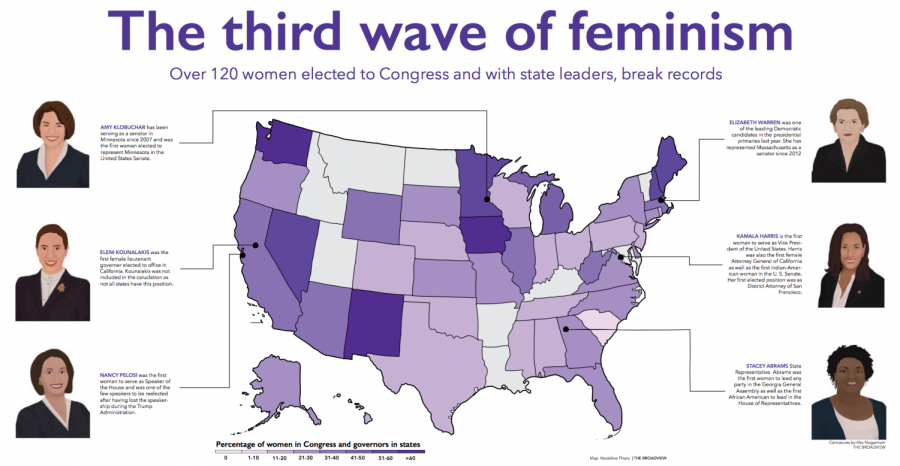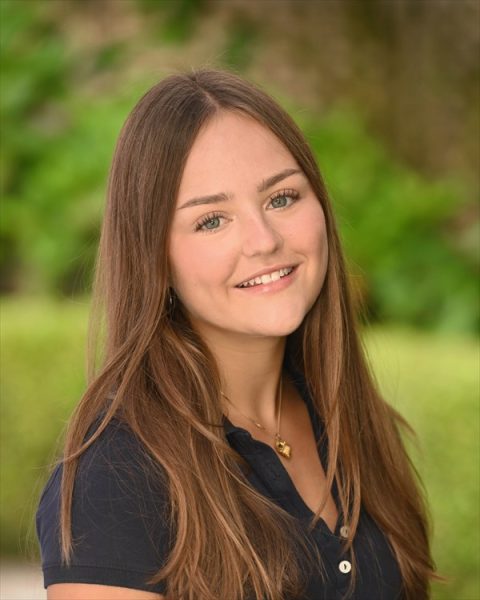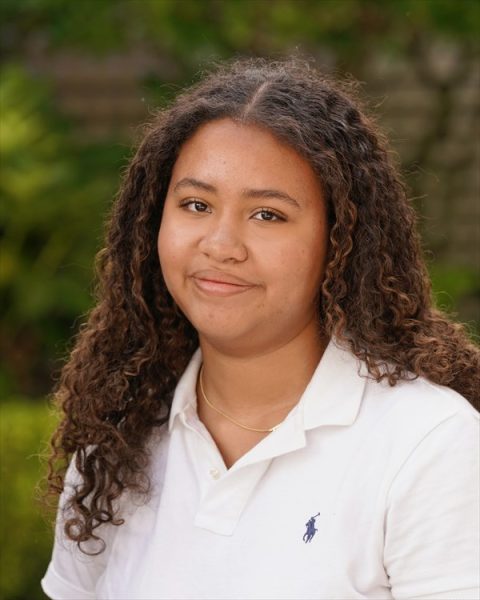Women pave the road to brighter, more inclusive future
Glass ceilings break as the country reaches new heights of gender parity
February 20, 2021
ANALYSIS From the minute Vice President Kamala Harris placed her hand on the Bible and took the oath of office, she made history by breaking down yet another barrier towards gender parity.
Women have made substantial strides in politics since gaining the right to vote, and recent events have also proven newsworthy, having 126 female representatives in Congress, the highest number yet.
Eleni Kounalakis shattered one glass ceiling when she assumed the position of Lt. Gov. of California, taking office in 2019 after formerly serving on the San Francisco Port Commission as well as the U.S. ambassador to Hungary under the Obama administration.
“It is a great honor to have been the first woman elected Lt. Gov. of California, and with the honor comes a sense of obligation that I should speak out frequently about how important gender parity and equal representation are,” Kounalakis said. “The more that we can talk about this issue and raise awareness, the more likely that we will achieve the goal of eventually getting to gender parity in our representation.”
Whether they like it or not, women in power often have a large magnifying glass on them, and they can sometimes be seen as a reflection of all women. If a woman does hold a position of power, it is her duty to be a role model, according to Sen. Dianne Feinstein (’51).
“I think women in power still have the spotlight on them, which means we all have a responsibility to show young girls that it’s possible to be successful in whatever we set our minds to do,” Feinstein wrote in an email. “A career in public service is a worthy pursuit, and I hope more young girls aspire to that.”
In the divisive field of politics, discussions surrounding controversial topics can become heated. Holding herself in a respectful manner as a strong woman in politics is important to approaching discussions, according to San Francisco District 2 Supervisor Catherine Stefani.
“Right now our country needs to unify after such division, and I think women are good at that,” Stefani said. “I walk into a room and I never think I have all the answers. It’s really important to be open-minded and to listen to other people’s opinions.”
As the country elects more women for positions of influence, the more potential role models there are. Seeing part of themself in the people in power can be especially inspiring for young people, according to Kounalakis.
“If all women leaders dressed and looked and sounded alike or talked about the same issues, you would only have one model,” Kounalakis said, “but when you have many women in office, you have multiple models for young women to find which of those best represents her own ambitions.”
There have also been instances where the media and general public have primarily focused on the appearances and clothing of prominent female politicians rather than the substantive aspects of their campaigns. When Stefani worked as a prosecutor directly out of law school in 1995, her superiors had unspoken dress code rules — solely for women.
“The women were told — it wasn’t written down anywhere — that we couldn’t wear pantsuits to trial. I started a jury trial and picked a jury in a pantsuit, and one of my male colleagues in my office said, ‘You’re wearing that?” Stefani said. “This was a nice, conservative navy blue pantsuit, and they were telling us what we could and couldn’t wear because of our gender.”
Women can be especially valuable in local government as they can directly address issues that affect women in their communities, according to Feinstein, who began her political career on the San Francisco Board of Supervisors.
“Local government is the launching pad for many politicians, male and female,” Feinstein wrote. “Today’s women mayors and supervisors are tomorrow’s senators and presidents. But it’s not always about climbing. Women can have a profound effect on their local communities by staying in local politics.”
Decisions have a better, more well-rounded outcome when women are at the table, according to Stefani whose district includes Pacific Heights, where Convent & Stuart Hall is located.
“We see on the state level and on the federal level all these men making decisions about what we can do with our bodies,” Stefani said. “It’s important more women are at these discussions because they have intimate knowledge about these issues that affect them and their families.”
Politicians can also be more humanized when they are seen as a local figure, according to Kounalakis.
“There is a lot more female representation at the local level, because very often people get to know women and see their hard work and activism on display,” Kounalakis said. “They forget about gender and just see a hardworking member of the community. That’s different than when we look at a national figure and think about electing a president, where most people never meet that woman, and it’s much easier for her detractors to use sexist tropes in order to disparage her.”
Stefani says women need to be part of solving issues at a local level, including childcare for after birth or adoption, maternal health, healthcare for children, school districts and reproductive health.
“I’m a mother — I have two kids — and there are so many issues that touch women and families that mothers really know about,” Stefani said. “We need women at the local level who have direct experience and intimate experience with those issues to be involved in the decision making process.”
On a national scale, Harris is the most recent woman to make history. The role of vice president is not Harris’s first time opening a previously locked door, as she served as the first female Attorney General of California as well as the first Indian-American woman in the U.S. Senate.
“I am very hopeful that Senator Harris’s election as vice president will be the first of many women and hopefully will help one day for us to elect the first woman President of the United States,” Kounalakis said.
Emerge, an organization that recruits and organizes democratic women to run for office, counts many prominent San Francisco alumnae, including Kounalakis and Mayor London Breed. The organization reaches out to women of all backgrounds to establish strong women in politics.
“I work with Emerge to encourage more people to run, and I hope this election especially helped to inspire women,” Stefani said. “When you look at the historic election of our vice president, it says to women — and young girls of color especially — that they too can do this.”
Although a lot has changed for women since the country’s founding, there are still leaps to make in terms of gender parity in politics. Women make up 23.6% of Congress, the largest number of elected women to date.
“We have a lot of work to be done — even in this state,” Kounalakis said. “California is very progressive, but even here we only have just over 30% women represented in our legislature — and we’ve never had a woman governor.”











